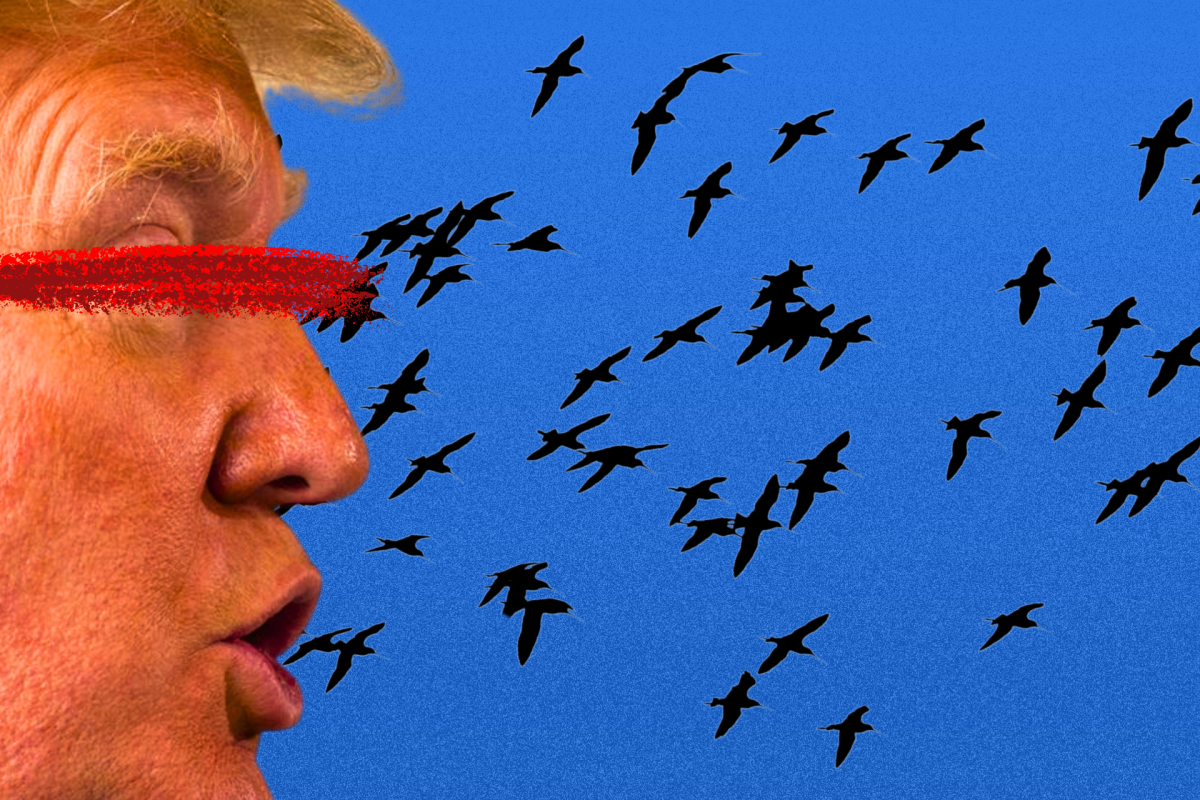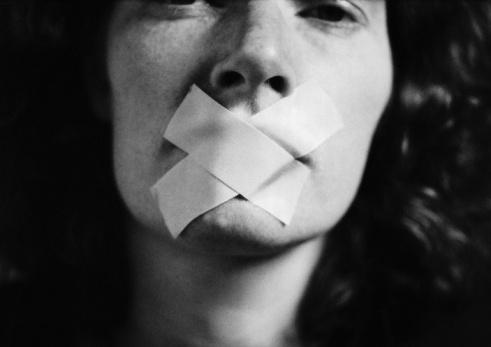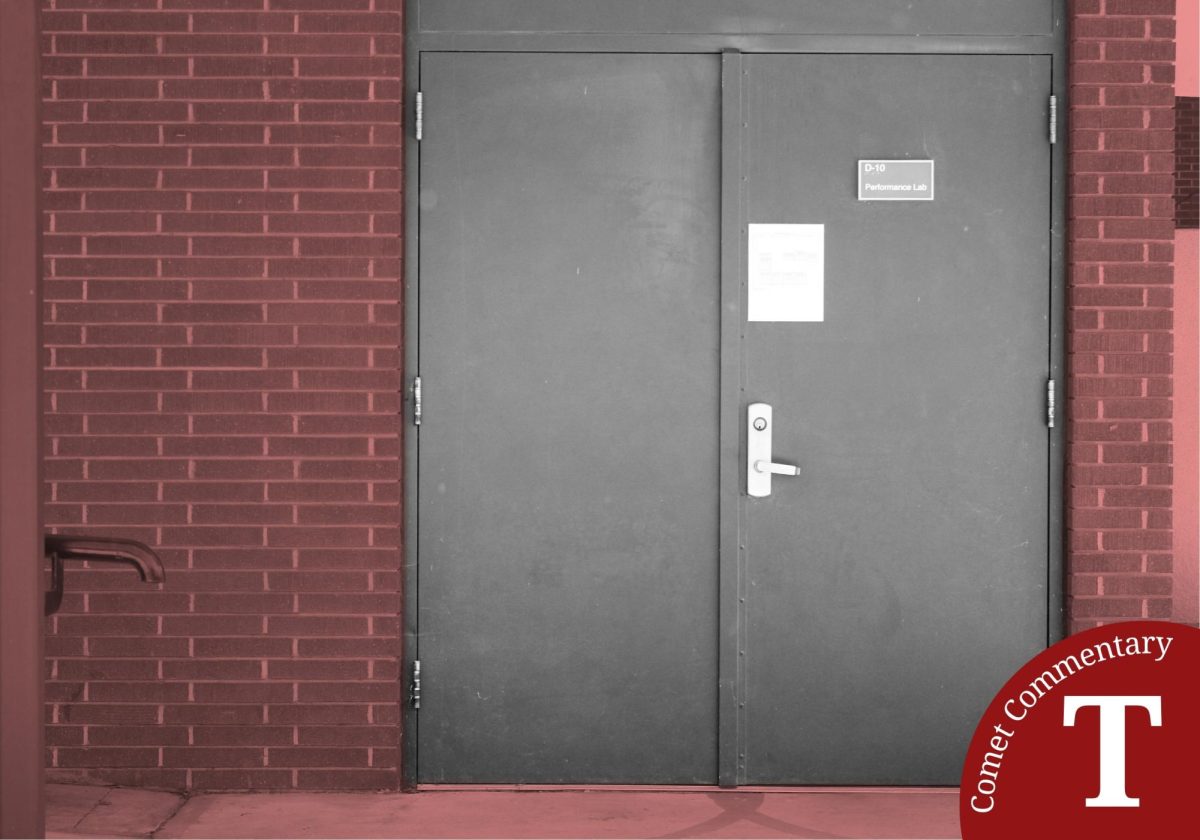Recent images of a U.S. Customs and Border Protection agent on horseback whipping a Haitian immigrant highlights the organization’s legacy of racism and human rights violations.
After what’s now been more than a decade-long migration in search of socioeconomic stability, over 14,000 Haitian immigrants made their way from South America to the US-Mexico border along the Rio Grande in Texas. On Sept. 19, 2021, the mainstream media was flooded with images of a U.S. Customs and Border Protection (CBP) agent on horseback using his reigns as a whip against one of the immigrants.
The CBP is infamous for its agents mistreating immigrants in their custody. What happened on Sept.19 was an example of what happens when systemic racism goes unchecked. In the same way that an illness left untreated will only worsen, an organization’s moral integrity will continue to corrode until those who fail to uphold its ethics are removed and brought to justice. This, however, is a difficult task when the forces of corrosion are ingrained in the bedrock of said organization.
In a report published on Feb. 10, 2021, Katy Murdza and Walter Ewing, Ph.D., of the American Immigration Council, explained that since its inception in 1924, the Border Patrol has been staffed by white supremacists; namely, the Ku Klux Klan and the Texas Rangers. An excerpt of their report reads,
“While the racial violence of the Ku Klux Klan is notorious, the Texas Rangers also had a penchant for violence… This included a brutal practice known as “revenge by proxy,” in which agents killed anyone they believed to be of Mexican descent as revenge for crimes committed by perpetrators believed to be Mexican.” Their report continues, “Nevertheless, Clifford Perkins—the first Border Patrol inspector in charge in El Paso, Texas—called the methods employed by the Rangers “rough but effective,” contributing to a culture of impunity that exists within the agency to this day.”
In 2014, James Tomsheck was removed from his position as the chief of internal affairs for the CBP on the basis that he failed to conduct a proper investigation of agents’ inappropriate use of force. In an interview with NPR, Tomsheck claimed that his failure was due to the organization’s own efforts to obscure the truth.
“I believe the system was clearly engineered to interfere with our efforts to hold the Border Patrol accountable,” said Tomsheck.
The CBP’s bigoted founding, Tomsheck’s removal, and the recent violence at the border are all clear indicators that the organization is in desperate need of reform. According to a press release published by the CBP on Aug. 21, 2021, the agency will begin outfitting officers with body cameras to ensure transparency. Officials say that cameras will be distributed in phases, with 6,000 cameras deployed by the end of 2021. However, with a reported total of 19,555 agents as of 2018, this leaves a wide margin for misconduct.
While it’s reassuring to see regulatory measures being put into place, these will only address the symptoms of the problem, not the cause. Strapping a camera on someone doesn’t mean it will affect their values. Ultimately, it’s the moral integrity of the individual officers, who form the collective culture of the CBP, that needs to change.












